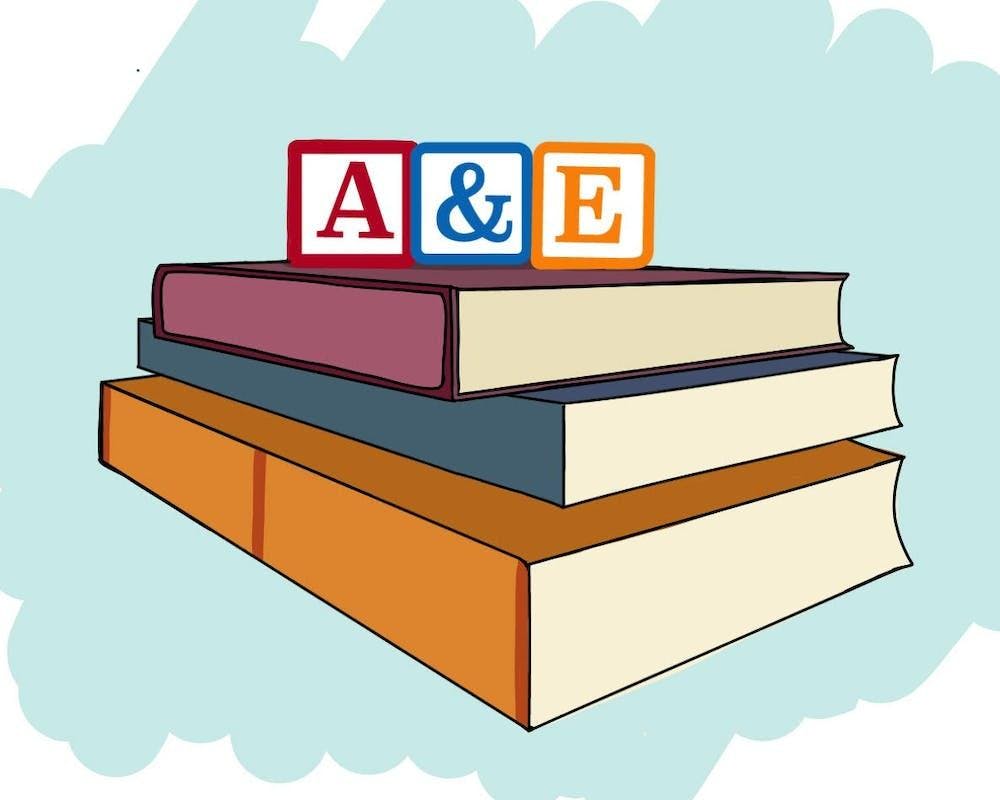Only a couple short weeks remain until the official start of fall. As brightly colored leaves begin to decorate the Lawn, the hot, easy summer days give way to cool autumn breezes as students rush to and from classes. The season of hot coffee, cozy sweaters, and quiet evenings in the library, for many students, fall is the perfect time to romanticize their studies. These three books — all of which take place in school settings — are perfect seasonal reading for those ready to throw themselves into the academic spirit.
“Normal People” by Sally Rooney
For many, college is a time of self-discovery and new beginnings, but often this makes it difficult to reconcile newfound identities with their past experiences. For Marianne and Connell, their arrival at Trinity College in Dublin is complicated by their shifting relationships both to the world around them and to each other. Back in high school, the shy, awkward Marianne could only be with popular athlete Connell behind closed doors. At Trinity, however, it is Marianne who flourishes, whereas Connell is the one who finds himself searching for belonging.
A heart wrenching tale of two people struggling through the uncertain years of their 20s and floating in and out of each other’s lives along the way, “Normal People” unfolds like one long conversation between the two on-and-off lovers. Marianne and Connell try — and continually fail — to stay apart, perfectly encapsulating a strikingly human desire for intimacy despite intense vulnerability.
First published in 2018 as Sally Rooney’s second novel, “Normal People” has become the Irish author’s most popular work. It is also perhaps the story most personal to its author — Rooney herself studied English at Trinity College, just as Connell does in the novel. A gentle commentary on class, trauma and belonging, “Normal People” will ring true with any University student who, amidst studying and preparing for the future, hopes to be truly understood by another.
“Babel: Or the Necessity of Violence” by R.F. Kuang
The isolating and self-contained world of academia is one that, in constantly trying to comprehend the world around it, rarely takes the time to look inward and examine its own foundations. In an innovative, postcolonial reimagining of Oxford University in the 19th century, “Babel” challenges the common perceptions of academia and its unseen power structures.
In her 2022 novel, R.F. Kuang constructs an imagined past where magic fuels the colonizing empires of Europe. Orphan Robin Swift is taken from his home in Canton by famed English academic Professor Lovell to become a translator in Oxford’s Tower of Babel, becoming one of the select few capable of wielding the linguistic magic that gives the British Empire its strength. While Robin is initially delighted with his new position, he soon comes to realize that he and the other translators at Babel are not working to further England’s understanding of their diverse cultures as they once believed, but rather aiding the expansion of the Empire.
Perfect for fans of “dark academic” genre novels such as Donna Tartt’s “The Secret History,” Kuang’s novel is a dark and complex epic saga that masterfully deconstructs the greatest caveat of knowledge — it is answerable to power. Robin’s plight — stay safe and serve the Empire, or work to free his motherland — forces readers to reflect not only on the colonial past, but on its continuing reverberations in today’s institutions of knowledge.
“The Gifted School” by Bruce Holsinger
In today’s society of competitive admissions, motivations for pursuing higher education are sometimes not learning in and of itself, but more so for the social advantages it provides. In the fictional town of Crystal, Colorado, the opening of a new school for gifted children drags the educational pretensions of many to the surface. Four families who have been friends since their school-aged children were small are newly pitted against each other as they fight to win coveted enrollment spots.
Written by University Professor of English Bruce Holsinger in 2019, “The Gifted School” is a sharp and witty examination of the state of education in a world increasingly based on appearances. As the many parents of Crystal become more and more desperate to see their children succeed, they — to their own shock — realize the depths to which they are willing to sink. Friendships deteriorate into thinly veiled attacks and secrets long buried come to light in the pursuit of that all-so-prestigious label, “gifted.”
An instant national bestseller, “The Gifted School” is an incredibly topical critique of ambition, parenting and privilege in contemporary America, inviting readers to question the true value of education’s outward mien.
On the surface, these three books are perfect for inspiring the academic aesthetic of the season. However, their incredibly complex and layered interiorities invite deeper reflection. It is this critical commentary that makes these novels perfect for University students. After all, it befits the inquisitive spirit of the academic to question the nature and power of education itself.







